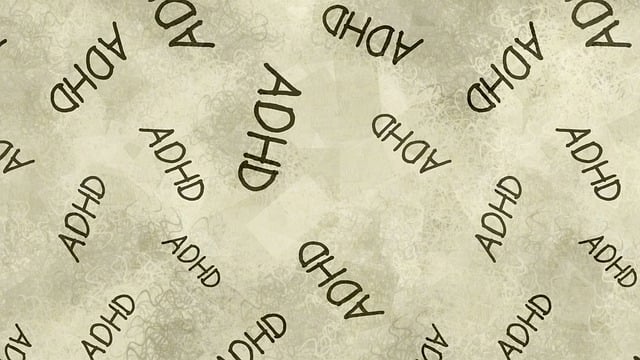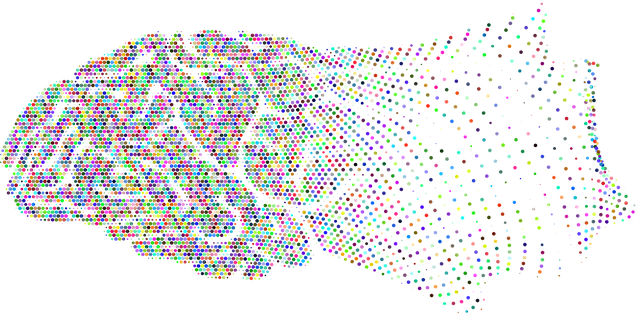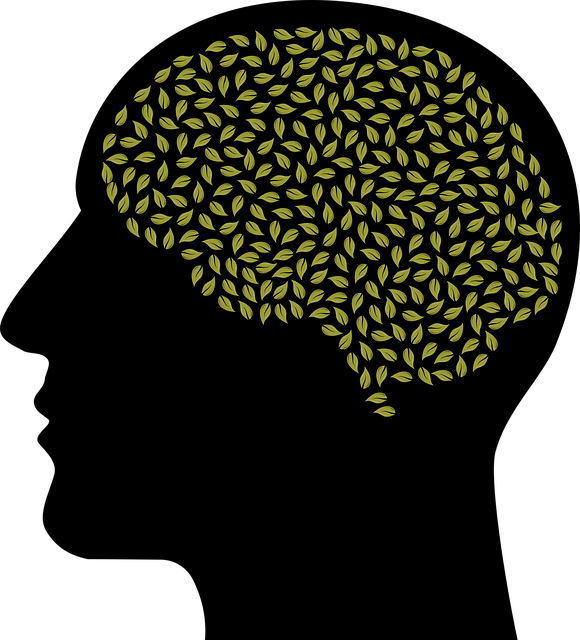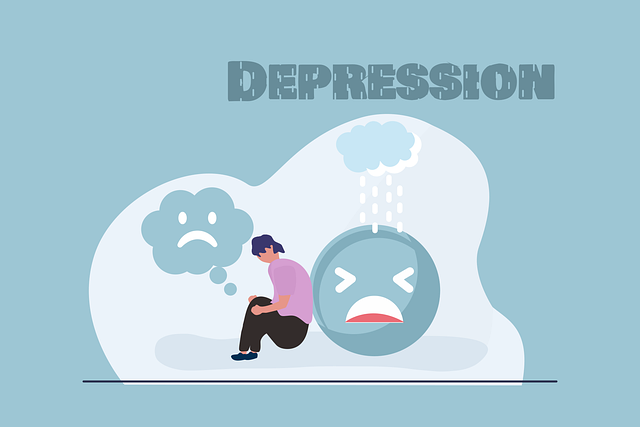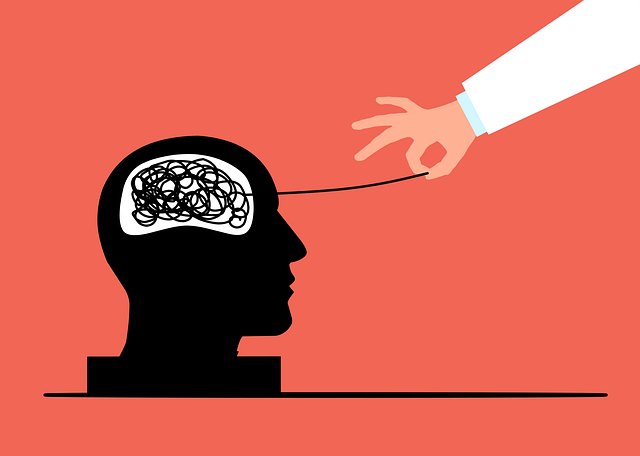Boulder Conduct Disorder Therapy (BCDT) initiatives transform lives by bridging therapy access gaps and fostering resilience through safe, supportive community spaces. Integrating activities like Mental Wellness Journaling and Trauma Support Services empowers at-risk youth with coping strategies to disrupt negative behavior cycles and enhance mental wellness. These programs, focused on local needs and cultural nuances, collaborate with community entities, build resilience, advocate for mental health policies, and prevent healthcare provider burnout, ultimately strengthening communities through comprehensive, effective support. Measured outcomes and satisfaction assessments ensure BCDT's success and continuous improvement.
Community outreach programs play a pivotal role in extending access to mental health services, particularly for at-risk populations like those with conduct disorders. This article explores the implementation of such programs with a focus on Boulder Conduct Disorder Therapy (BCDT). We’ll delve into strategic approaches that foster engagement and examine methods for gauging impact and securing long-term success in BCDT initiatives, ensuring community well-being.
- Understanding Community Outreach Programs for Boulder Conduct Disorder Therapy
- Strategies for Effective Implementation and Engagement
- Measuring Impact and Sustaining Long-term Success
Understanding Community Outreach Programs for Boulder Conduct Disorder Therapy

Understanding Community Outreach Programs for Boulder Conduct Disorder Therapy is a vital step in enhancing mental wellness within targeted communities. These initiatives aim to bridge the gap between specialized therapy services and individuals who might otherwise face barriers to access. By integrating programs like Mental Wellness Journaling Exercise Guidance into community settings, outreach efforts create a supportive environment where participants can explore their emotions and experiences in a safe, non-judgmental space. This approach not only fosters individual growth but also builds resilience and promotes positive behaviors.
Moreover, community outreach for Boulder Conduct Disorder Therapy often includes Trauma Support Services tailored to address the unique needs of at-risk youth. These services recognize that many individuals struggle with conduct disorders as a result of underlying trauma or adverse experiences. By offering specialized support, these programs aim to disrupt cycles of negative behavior and empower participants with coping strategies that enhance their overall mental wellness. Through collaborative efforts and innovative practices, community outreach plays a pivotal role in transforming lives and building stronger, more resilient communities.
Strategies for Effective Implementation and Engagement

Implementing effective community outreach programs requires a strategic approach to ensure maximum engagement and positive outcomes. One key strategy is Boulder Conduct Disorder Therapy tailored to address specific needs within the community. This involves understanding local cultural nuances, identifying at-risk populations, and designing programs that resonate with diverse demographics. Collaborating with existing community organizations, schools, and faith groups can help build trust and ensure the program’s relevance.
Additionally, incorporating Resilience Building techniques and Mental Health Policy Analysis and Advocacy strategies can significantly enhance engagement. By promoting mental health awareness, normalizing conversations around sensitive topics like depression prevention, and advocating for policies that support community well-being, these initiatives foster a supportive environment. Tailoring programs to address not just symptoms but also underlying causes, empowers individuals to take charge of their mental health and build stronger communities.
Measuring Impact and Sustaining Long-term Success

Measuring the impact of community outreach programs is a crucial step to ensure their long-term success, especially in initiatives like Boulder Conduct Disorder Therapy. By evaluating the outcomes and satisfaction levels of both participants and providers, it becomes possible to identify what’s working and what needs adjustment. This data-driven approach allows for continuous improvement, ensuring that the program remains effective and relevant over time.
In addition to measuring impact, sustainable success requires focusing on burnout prevention strategies for healthcare providers. Just as community outreach programs aim to boost confidence and improve mood management among participants, it’s vital to sustain the well-being of those delivering these services. Implementing effective Burnout Prevention Strategies for Healthcare Providers can maintain a positive environment, fostering continued dedication and enthusiasm in addressing the community’s mental health needs.
Boulder Conduct Disorder Therapy can significantly benefit from community outreach programs, as highlighted in this article. By implementing these initiatives effectively, engaging with at-risk youth, and measuring their impact, we can foster positive change. Through strategic partnerships and tailored interventions, community outreach becomes a powerful tool to address conduct disorder, ultimately enhancing the well-being of our youth and communities.
